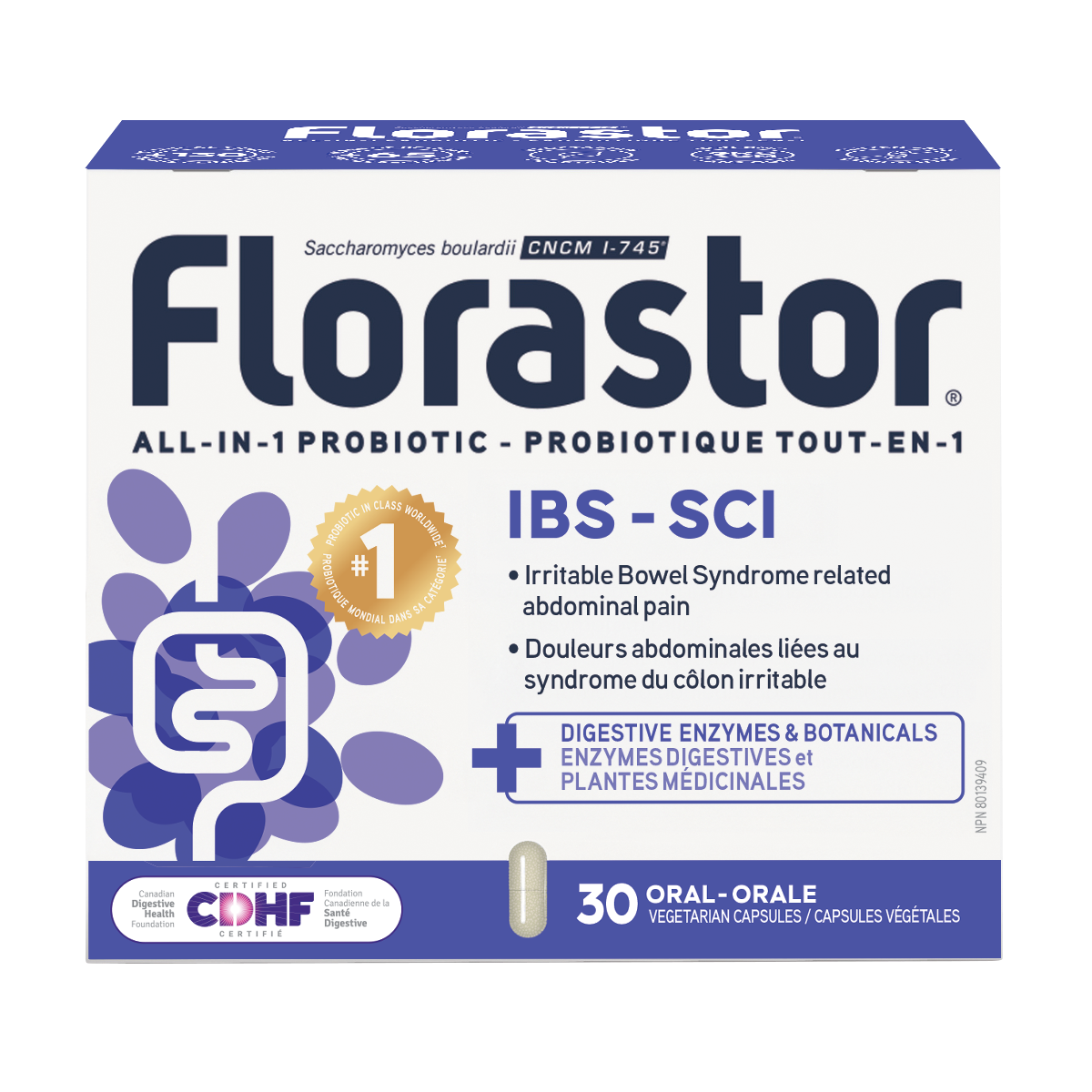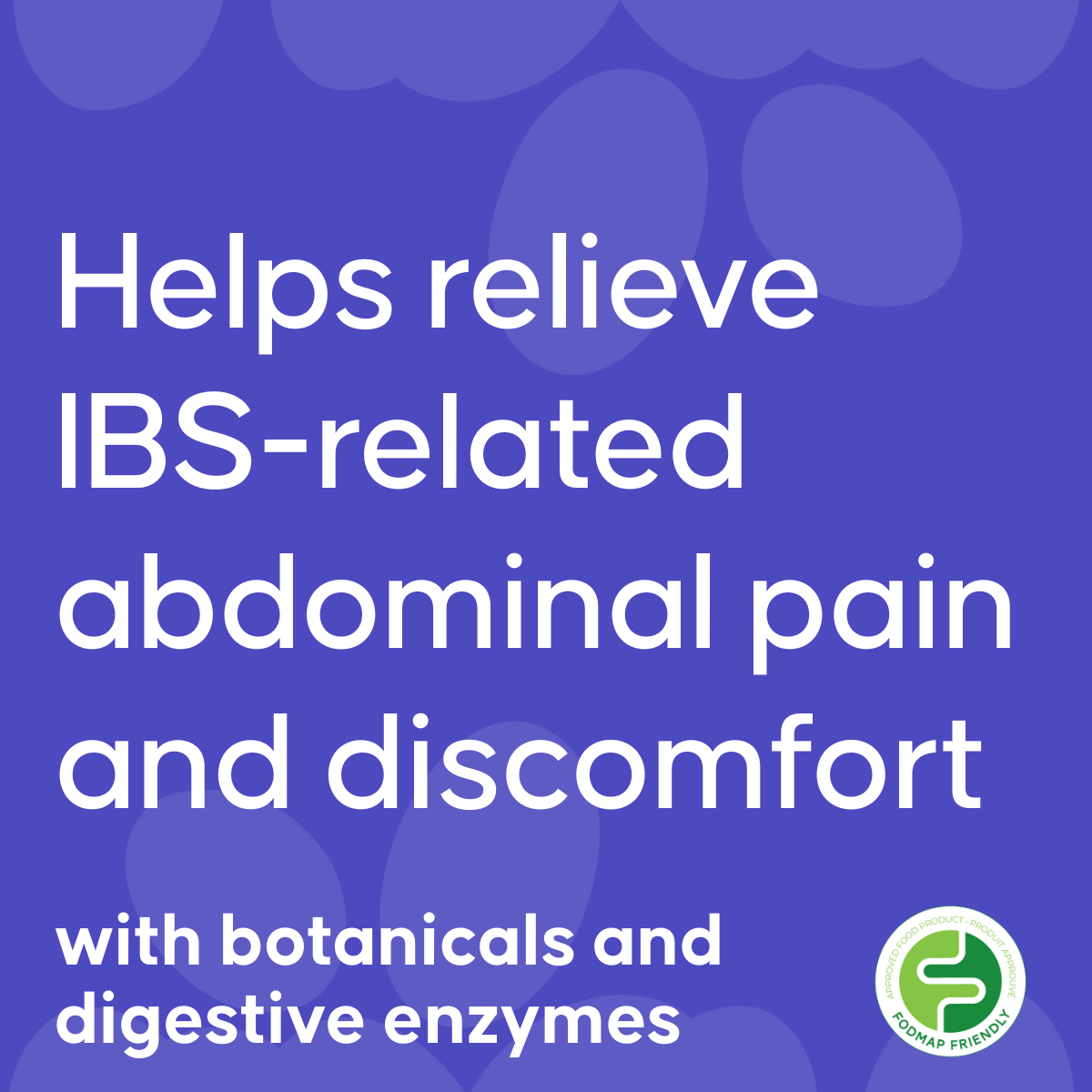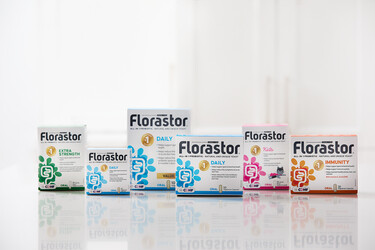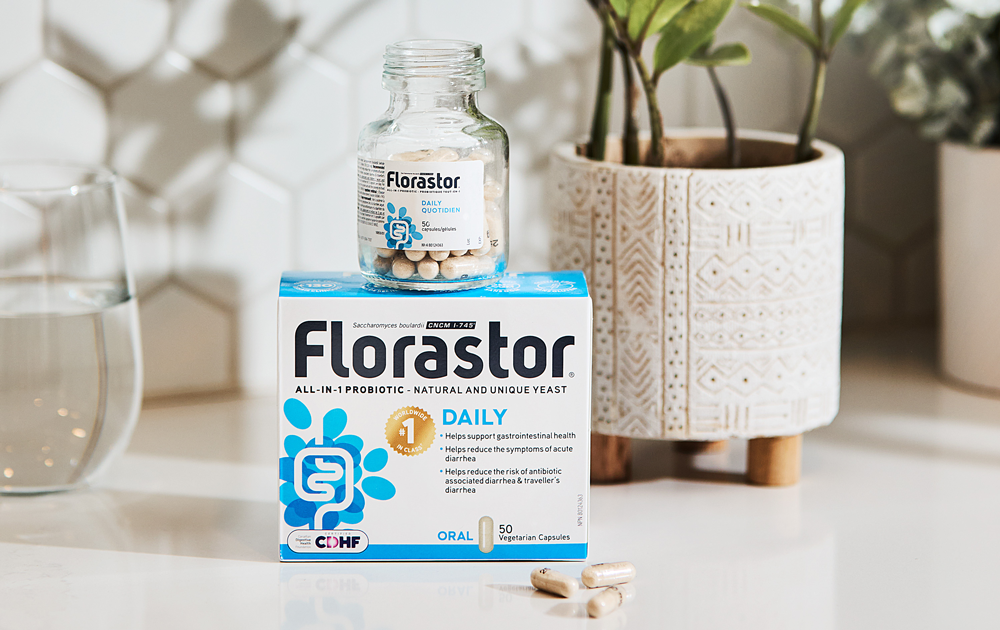Irritable bowel syndrome, commonly known as IBS, is among the most common digestive disorders globally where it is estimated to affect 1 in 10 people and occurs twice as often in women as it does in men.
The current criteria for diagnosing IBS includes:
- Abdominal pain one or more days per week for 3 or more months
- At least two of the three additional symptoms:
- The pain is related to defecation (gets better or worse following a bowel movement)
- The pain is associated with a change in bowel movement frequency
- The pain is associated with a change in stool form (firmer vs looser)
Irritable bowel syndrome can then be further broken down into sub-types.
IBS-C – at least 1 in 4 stools are hard/lumpy [constipation]
IBS-D – at least 1 in 4 stools are loose/watery [diarrhea]
IBS-M- at least 1 in 4 stools are hard AND at least 1 in 4 stools are water [mixed]
To simplify it: IBS is defined as abdominal pain associated with changes in bowel habits over a multi-month period.
What causes IBS?
IBS is often referred to as a multifactorial condition because it involves many potential mechanisms.
These include:
1. Disordered Gut-Brain Communication: Results in “visceral hypersensitivity” which means people with IBS experience normal things like gas, bloating and bowel movements as much more severe and intense than people without it. Stress and mental health also contribute.
2. GI-Tract Movement Issues: For IBS patients, food moves at an abnormal speed through the GI tract (faster or slower, depending on IBS type). This can contribute to bowel movement formation fluctuations and urgency.
3. Immune/Infection Related: Some people develop IBS after viral infections or as a result of overactivation of immune cells.
4. Microbiome Imbalances: Since our gut bacteria contribute to so much of what goes on in the digestive system, it is unsurprising that dysbiosis is a common feature of IBS.
5. Food: Certain dietary components that are well tolerated by an otherwise healthy person can cause unusual gas and bloating in people living with IBS.
Management strategies
There are a host of nutrition, supplemental, pharmaceutical and lifestyle strategies that help people take control over their IBS symptoms.
· Low-FODMAP Diet: A special dietary strategy that should be led by a registered dietitian, that will help to determine if specific food components are worsening symptoms.
· Psyllium Fibre: A unique soluble fibre supplement that helps with improving stool formation in both constipation and diarrhea.
· Peppermint Oil: Effective for pain and symptom relief.
· Brain-Gut Therapy: For example, cognitive behavioural therapy and hypnotherapy have been shown to help with pain and symptoms.
· Medications: Depend on the type of IBS – consult with medical professional.
Probiotics
Probiotics are a topic of great interest in the world of IBS because an imbalance between good and bad gut bacteria (known as dysbiosis) is a common feature of the condition.
Probiotics, including Florastor’s unique strain of S. Boulardii, can contribute to the restoration of a healthy gut microbiota by helping our healthy gut bacteria to thrive and outcompete less healthy types of bacteria which ultimately leads to a net improvement in gut health.
These benefits are usually achieved via an optimization of immune response, reduced inflammation, enhanced production of beneficial compounds known as SCFAs and more.
Florastor’s new IBS product, which is indicated to help relieve IBS-related abdominal pain, combines the signature probiotic strain with a combination of evidence-based digestive enzymes and botanical ingredients including peppermint which was discussed earlier in today’s article.
Florastor IBS
References
https://pmc.ncbi.nlm.nih.gov/articles/PMC6507291/




.jpeg?sw=375&sfrm=png&q=90)


